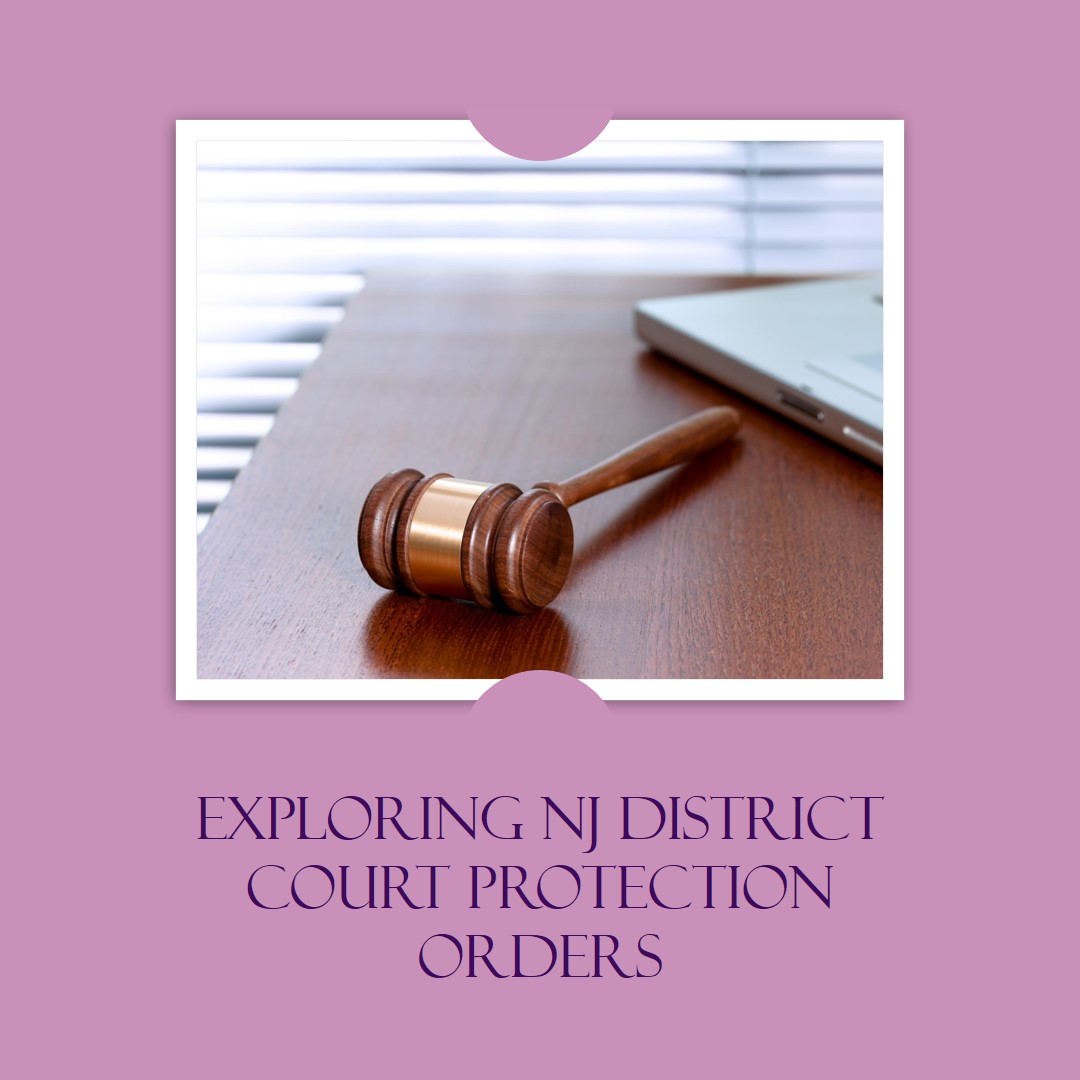When faced with domestic violence or stalking, obtaining a protective order can be crucial for one’s safety and wellbeing. In New Jersey District Court Protective Order have jurisdiction over protective orders, which are designed to prohibit contact between the plaintiff and defendant. However, traditional protective orders may not always be the best solution for everyone. We will explore alternatives to traditional protective orders available in New Jersey district courts.
Temporary Restraining Orders (TROs)
In cases involving immediate danger, temporary restraining orders (TROs) can provide quick relief. These orders, issued ex parte (without notice to the defendant), last only until a full hearing can take place, usually within ten days. At this hearing, both parties have the opportunity to present evidence and argue their case before a judge decides whether to issue a final restraining order (FRO). While TROs offer short-term protection, they may not address long-term needs. Therefore, alternative forms of protection should also be considered.
Final Restraining Orders (FROs)
Final restraining orders (FROs) offer more comprehensive protection than TROs. They typically include provisions regarding custody, support, and financial relief, as well as restrictions on contact and communication. FROs remain in effect until modified or dissolved by a court. Despite these benefits, some individuals may find that traditional FROs do not adequately meet their unique circumstances. For example, victims who share children with their abusers may struggle to maintain necessary communication while adhering to no-contact provisions.
Civil Harassment Restraining Orders
Civil harassment restraining orders are another option available in New Jersey district courts. Unlike protective orders related to domestic violence, civil harassment restraining orders apply to non-domestic relationships, such as neighbors, coworkers, or acquaintances. To obtain a civil harassment restraining order, a plaintiff must demonstrate that the defendant has engaged in a pattern of harassing behavior intended to cause distress or fear. Like protective orders, civil harassment restraining orders prohibit contact and communication but can be tailored to fit specific situations.
Stalking Protection Orders
Stalking protection orders are reserved for cases where an individual repeatedly follows, watches, threatens, or intimidates another person without legal justification. These orders aim to prevent future harm rather than punishing past actions. Plaintiffs seeking a stalking protection order must prove that the defendant's behavior constitutes stalking under New Jersey law. Once granted, these orders can restrict various forms of contact, including electronic communication, and require defendants to stay away from specified locations.
Safety Planning and Other Resources
While protective orders play a critical role in protecting victims of abuse and harassment, other strategies can enhance personal safety. Developing a safety plan involves identifying potential dangers and creating proactive measures to reduce risk. Local advocacy organizations often provide resources and guidance for crafting effective safety plans. Additionally, counseling services, support groups, and hotlines can help survivors navigate emotional challenges associated with trauma.
Conclusion:
Civil Protective Order In New Jersey offered through New Jersey district courts serve an essential function in safeguarding vulnerable individuals. However, recognizing that each situation is unique, alternative options like civil harassment restraining orders and stalking protection orders cater to diverse needs. By understanding the range of protections available, those facing threats or violence can make informed decisions about securing their safety and pursuing justice. Moreover, incorporating safety planning and community resources further empowers survivors to regain control over their lives.
